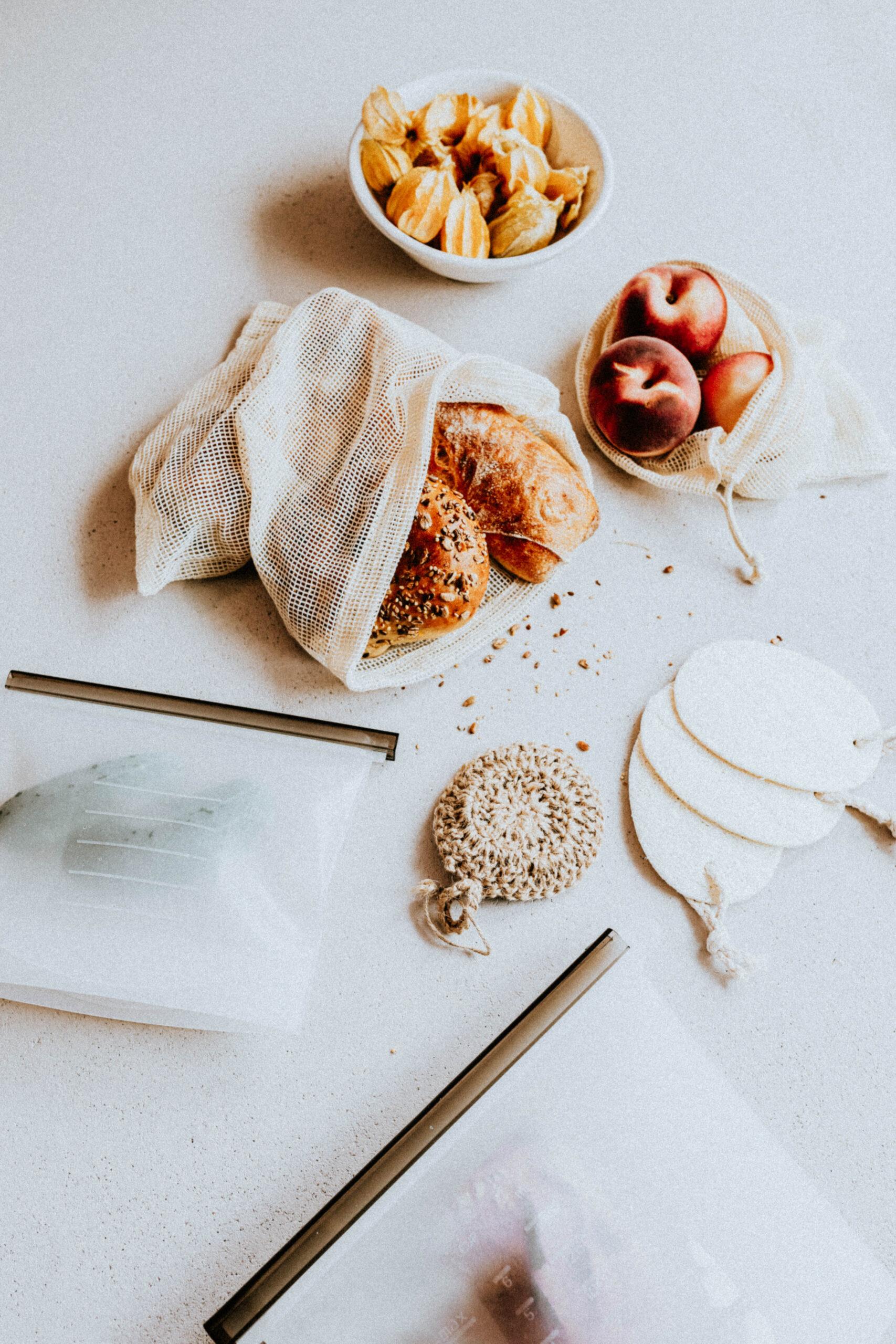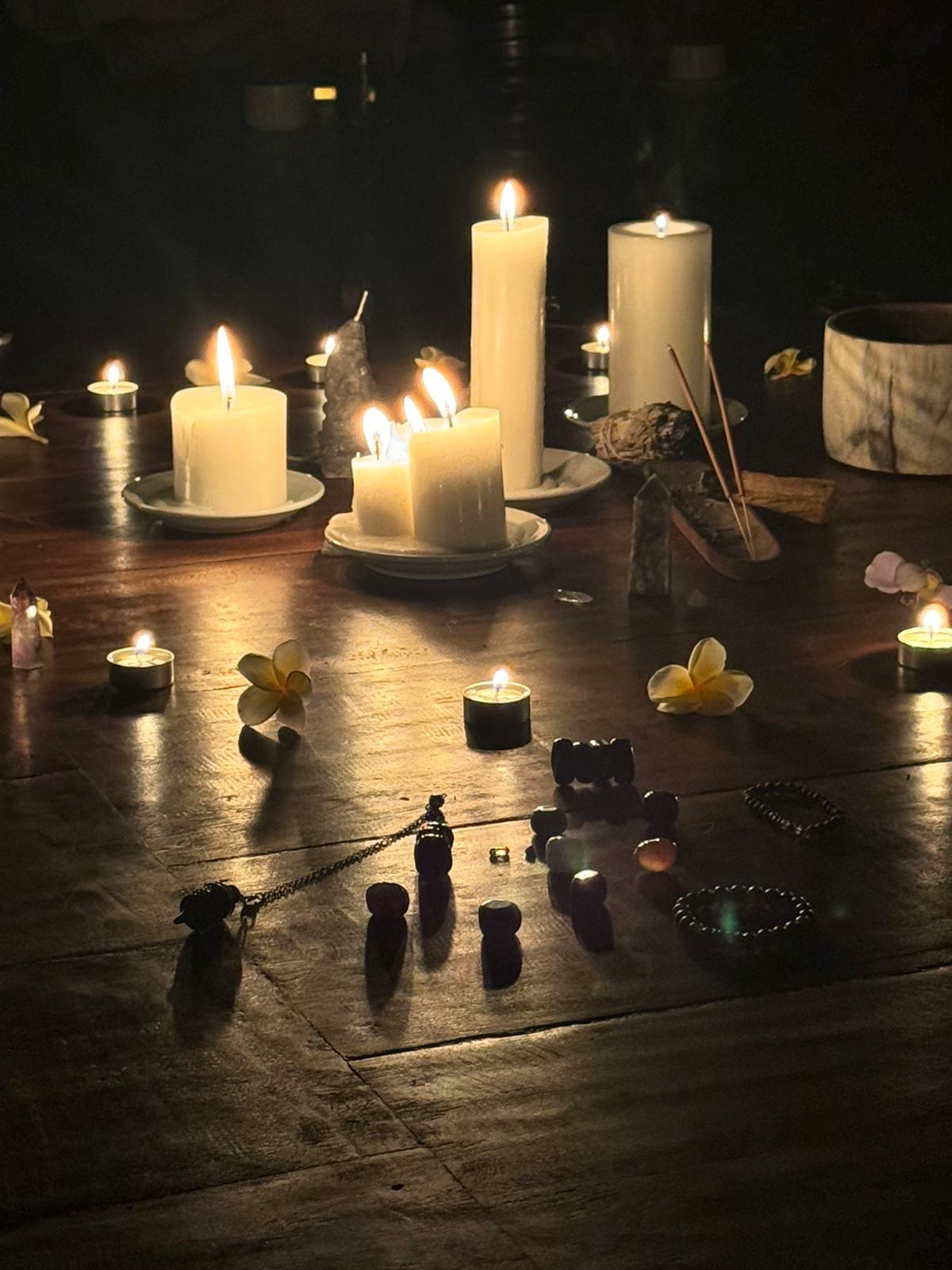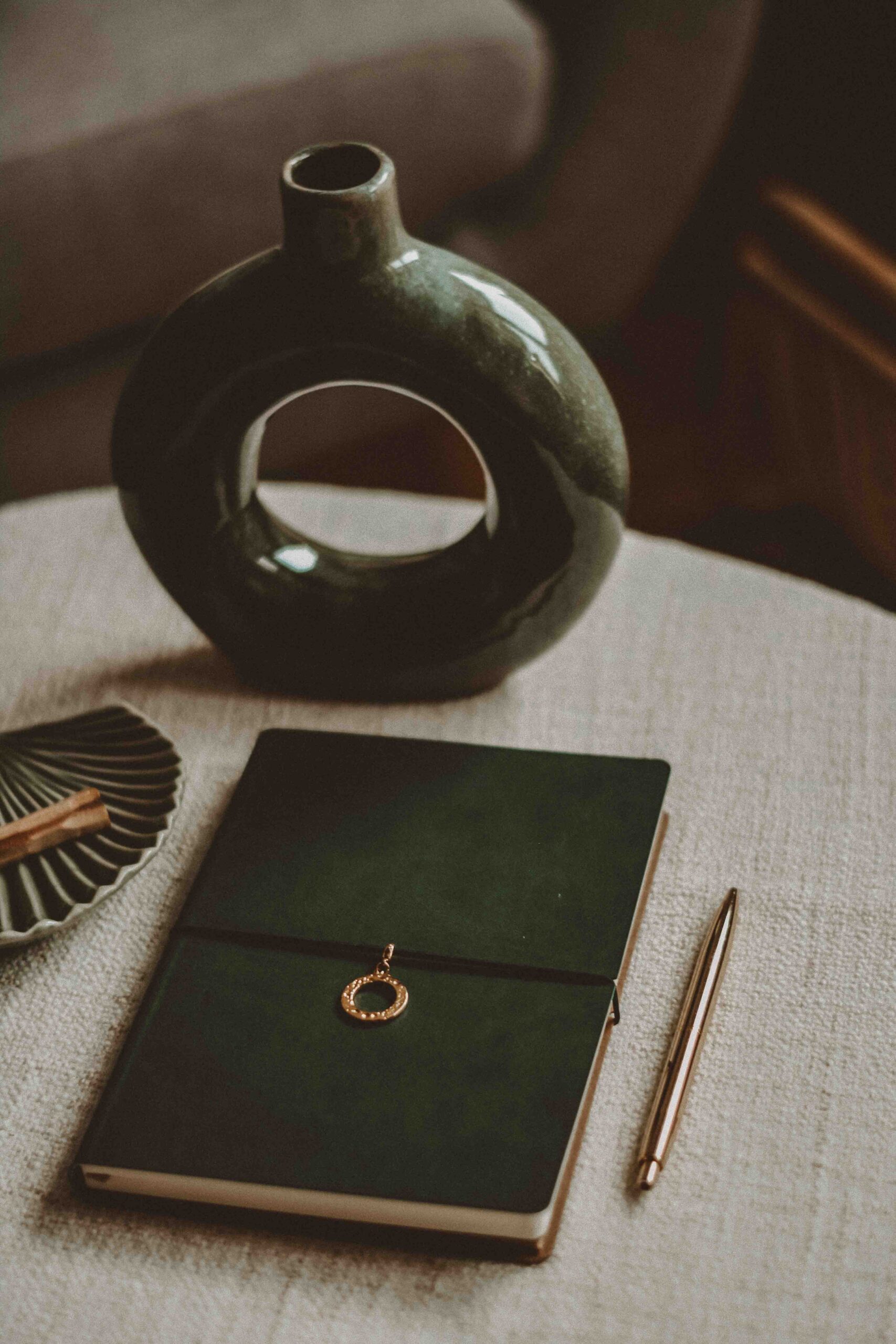While some people deem zero-waste living as extreme, have you ever really stopped and noticed how much waste you’re creating each day? On average, each person in the United States generates about 4.9 pounds (2.2 kg) of waste per day, according to the United States Environmental Protection Agency, that’s 1788 pounds of trash a year— yikes, that’s what’s really extreme.
Now before you think, ok but zero waste living is too hard and there are too many rules— who is enforcing these rules? You are. This means you can decide how strict you want to be, and what you’re more lenient on. The way I see it is that it’s better to be aiming for zero waste and landing at low waste than not caring about your waste footprint at all.
That’s why I’ve created this comprehensive guide that will walk you through the basics of zero-waste living, helping you understand the principles and benefits of this eco-conscious lifestyle. After you understand what zero-waste living is all about you can decide what and how to implement its principles into your day-to-day life.
What is Zero-Waste Living?
At its core, zero-waste living is a philosophy that aims to minimize the amount of waste we produce in our daily lives. The idea is that by rethinking our consumption habits and making more sustainable choices, we can significantly reduce our impact on the environment.
Zero-waste living doesn’t mean producing absolutely no waste; rather, it’s about striving to reduce waste as much as possible and finding ways to reuse, recycle, or compost the waste we do create.
The Five R's of Zero-Waste Living
Zero-waste living is built upon the principles of the Five R’s: Refuse, Reduce, Reuse, Recycle, and Rot. By incorporating these the Five R’s into your daily life, you’ll be well on your way to living a more sustainable and waste-free lifestyle.
Refuse: The first step in zero-waste living is to refuse unnecessary items. Especially when it comes to saying no to single-use plastics, disposable items, and freebies that will quickly end up in the trash. By refusing these items, you’re sending a message to manufacturers and retailers that there’s a demand for more sustainable alternatives— your voice (i.e. your dollar in many cases) matters, think of it as your vote for the future you want to see.
Reduce: The next step is to reduce the number of items you consume. Evaluate your purchasing habits and prioritize buying only what you truly need. By consuming less, you’ll generate less waste and reduce your overall environmental impact.
Reuse: Instead of buying disposable items, invest in reusable alternatives. Swap out paper towels for cloth napkins, plastic bags for reusable totes, and disposable coffee cups for reusable travel mugs. Reusing items not only reduces waste but can also save you money in the long run.
Recycle: When you do need to dispose of items, try to recycle them whenever possible. Familiarize yourself with local recycling guidelines and ensure that you’re recycling items correctly. Keep in mind that recycling should be a last resort after refusing, reducing, and reusing.
Rot: Finally, learn to compost your food scraps and other organic waste. Composting not only reduces the amount of waste sent to landfills but also creates nutrient-rich soil that can be used to grow more food.
Benefits of Zero-Waste Living
Adopting a zero-waste lifestyle comes with numerous benefits, for the environment, for your own well-being, and even for your wallet.
Environmental Benefits: By reducing your waste, you’ll help conserve resources, reduce pollution, and minimize your carbon footprint. Every small change you make can add up to a significant positive impact on the planet.
Financial Benefits: Many zero-waste practices can save you money. By consuming less and investing in reusable items, you’ll reduce your expenses in the long run.
Health Benefits: Zero-waste living often goes hand in hand with healthier habits. By choosing natural, eco-friendly products and reducing your exposure to harmful chemicals found in many disposable items, you’ll be promoting better health for yourself and your family.
Psychological Benefits: Embracing a zero-waste lifestyle can lead to a greater sense of purpose and fulfillment. By aligning your daily choices with your values, you’ll feel more connected to the world around you and more satisfied with your impact on the environment.
How to Get Started with Zero-Waste Living
If you’re ready to get started on your zero-waste journey, first of all remember that this is a lifestyle change so it’s going to take time to get used to and build the new habits. It’s ok if you slip up here and there— the important thing is that you’re taking steps in the right direction. Here are 8 some practical steps to help you get started with zero-waste living:
Assess Your Current Waste: Before making any changes, start by taking a week to assess your current waste generation. Keep track of the items you throw away, recycle, or compost, and identify areas where you can make improvements or swaps.
Tackle One Area at a Time: Instead of trying to overhaul your entire lifestyle at once, focus on one area at a time. This could be your kitchen, bathroom, or even your wardrobe. By breaking your zero-waste journey into manageable steps, you’ll be more likely to stick with it and make lasting changes.
Swap Out Disposable Items: Begin replacing disposable items with reusable alternatives. Think of things like using cloth napkins instead of paper towels, reusable shopping bags instead of plastic bags, or refillable water bottles instead of single-use plastic bottles. Making these small changes can have a significant impact on the amount of waste you produce.
Learn to DIY: Embrace the art of DIY by learning to make your own household cleaners, beauty products, and even food items like bread and yogurt. By making these items at home, you’ll cut down on packaging waste plus you’ll have more control over the ingredients you’re using.
Shop Secondhand: Whenever possible, consider shopping secondhand instead of buying new. Thrift stores, consignment shops, and online platforms like Vinted and Poshmark are great places to find gently used items at a fraction of the cost.
Support Zero Waste Stores: Seek out businesses that prioritize sustainability and zero-waste practices. This could include farmers’ markets, bulk food stores, or local artisans. By supporting these businesses, you’re helping to create a demand for more sustainable products and practices.
Share Your Journey: Share your zero-waste journey with friends and family, and encourage them to join you in your efforts. By building a supportive community, you’ll be more motivated to continue making changes and inspiring others to do the same.
Be Patient and Persistent: Remember that living a zero-waste lifestyle is a journey, not a destination. It’s important to be patient with yourself and recognize that you’ll make mistakes along the way. Focus on progress, not perfection, and continue learning and growing as you move forward on your zero-waste path.
Starting on a zero-waste journey may seem daunting at first, but you’ll quickly find that living a more sustainable lifestyle is not only achievable but also incredibly rewarding. By embracing the principles of zero-waste living and making small, incremental changes, you’ll be reducing your environmental impact, saving money, and living a healthier, more fulfilled life in no time.











